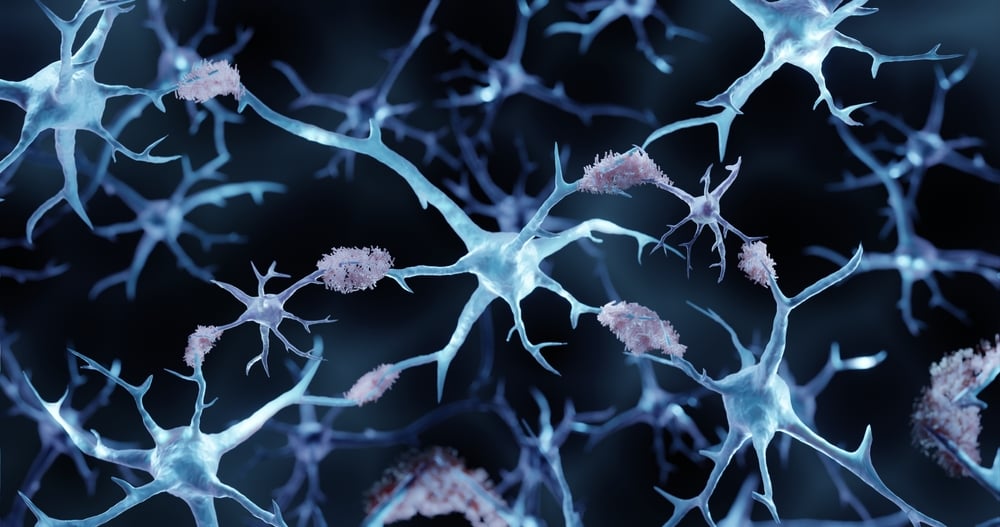A possible explanation has been found in a study for why apoE4, the most significant genetic risk factor associated with Alzheimer’s disease, fails to protect the brain from inflammation.
Alzheimer’s disease is characterized by the accumulation of plaques of the amyloid-β protein, chronic inflammation and impaired neuronal function in the brain. The most significant genetic risk factor for the disease is apoE4, a variant of apolipoprotein E, which is known for, among other things, advancing the onset of the disease. While more than half of all individuals with Alzheimer’s disease carry this variant, the exact effect of apoE4 on the development of the disease has remained unknown.
What the researchers discovered about apoE4
A study recently completed at the University of Helsinki in Finland identified a more accurate link between the apoE4 gene and the part of the human body’s immune system that underlies, among other things, Alzheimer’s disease. This is known as the complement system, and it contributes to the destruction of foreign cells and easily triggers inflammatory responses in the body.
“We found that apoE4 poorly binds factor H, a regulatory factor of immunity. The factor H molecule is crucial in preventing complement-mediated inflammation,” said Karita Haapasalo, the principal investigator of the study leading the Inflammation and Infections research group at the University of Helsinki.
“Usually, apoE binds factor H to the amyloid-β aggregates in the brain, thus reducing local inflammation. But apoE4 does not,” she noted.
This results in the accumulation of harmful amyloid-β aggregates and inflammation in the brain.
A potential solution to preventing changes in the brain
According to Haapasalo, binding factor H to apoE4 could present a potential solution to preventing changes in the brain that lead to the onset of Alzheimer’s disease. Further research will soon be conducted to look for such a bridging molecule.
The amyloid-β aggregates associated with Alzheimer’s disease begin to form in the brain decades before the diagnosis of the memory disorder. Since the mechanism underlying these changes has not been sufficiently well known, drug development has focused on stopping or slowing down changes that have already taken place.
“The drugs currently in use do not prevent the onset of the disease itself,” Haapasalo said.
Alzheimer’s disease is a slowly progressing memory disorder with more than 10 million new cases every year. As the population ages, the number of patients with the disease will rise considerably. In the future, Alzheimer’s disease will increase human suffering, as well as the burden on public health and the economy.
“Determining the molecular mechanisms that affect the onset of Alzheimer’s disease is important for developing curative drugs and therapies in the future.”
The study, published in the EMBO Reports journal, was carried out both by using experimental cell culture models and investigating brain biopsy samples from patients with idiopathic normal pressure hydrocephalus (iNPH) syndrome, in cooperation with the University of Eastern Finland, Kuopio University Hospital and international research organizations.
Partnering 2030: The Biotech Perspective 2023






